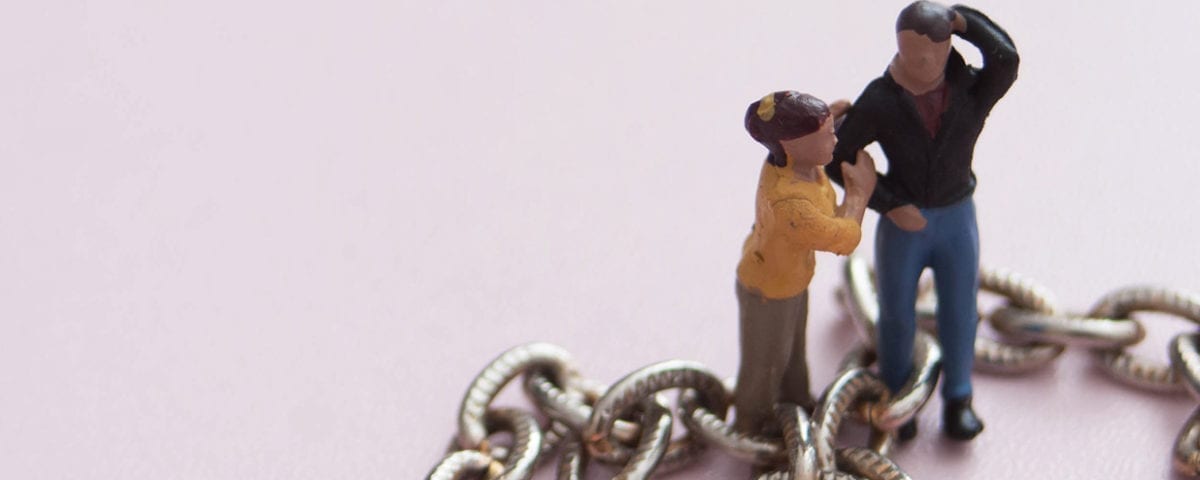Clinical Director Alexia Touboul, LMHC, Discusses the Process of Enabling an Addict
One of the most harmful codependent behaviors an addict’s loved one can engage in is enabling.
Enabling is a behavioral cycle that encourages and perpetuates maladaptive thoughts and actions carried out by the Addict. By allowing an addict to think and behave in ways where the Enabler has the opportunity to “rescue” them and continue feeling needed, the Enabler shields the Addict from experiencing the full impact of the consequences of their decisions, which is a central and necessary part of rehabilitation from substance abuse. The greater the enabling, the greater the codependent fusion between the Enabler and the Addict. This creates a cycle where change cannot exist. Our drug and alcohol treatment center is here to guide you through the recovery journey and to inform you about enabling behaviors.
Enabling is unhealthy for many reasons. It gives the Addict “permission” to think and act destructively and severely impacts the internal value system of the Addict (e.g. “I know stealing is wrong but mom looks the other way when I go through her purse"). It fosters feelings of guilt, embarrassment, anger, shame, and low self-esteem in the Enabler.
The first stage of enabling is the Protection stage. This is where small, seemingly harmless, “favors” are carried out by the Enabler to assist the Addict as they manipulate the Enabler through the use of rationalization, denial, projection, and lying. Such favors include calling in sick from work/school for them, bailing them out of jail, or paying their parking tickets.
The second stage of enabling is the Controlling stage. This is when larger responsibilities are taken on by the Enabler, such as handling the Addict's financial responsibilities, allowing them to live at home rent-free, and paying for the alcohol/drugs (this allows the Enabler to feel like they are in control of the abuse itself which is erroneously thought of as helpful.) This stage is when the opportunity to feel needed/helpful grows and becomes maladaptive.
The third stage is the Superhero stage. During this stage, especially if the Addict is still actively using, the Enabler will begin receiving positive feedback from others for being able to handle the negative behaviors. However, they typically lack understanding relating to how they are contributing to those behaviors.
Gaining insight into the cycle of enabling is difficult for Enablers as most people, especially parents, will enable out of love and/or fear. So while these behaviors are usually subconsciously designed to relieve pain, they can actually create more pain, suffering, and potentially endanger the lives of all involved unless they are addressed. Al-Anon/Nar-Anon groups are great community-based resources that have helped many people break the cycle of enabling. Family and/or individual therapy with a counselor who has experience in treating addiction is also a great avenue for those seeking help with enabling.




















